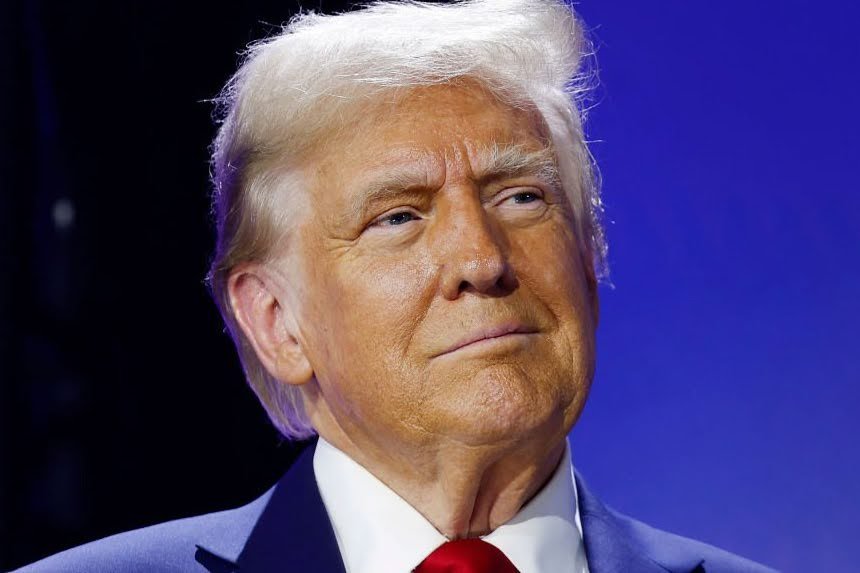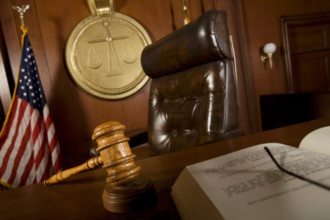The White House has strongly refuted claims that the notorious Epstein files link former President Donald Trump to criminal behavior. There has been more interest in Trump lately since reports say that his name came up several times in U.S. Justice Department documents about Jeffrey Epstein, a convicted sex offender and financier who died. But officials say that his name being on these records doesn’t mean he did anything unlawful or criminal.
There is currently a legal and political fight over the documents, which list hundreds of people from different fields. Calls for the whole contents to be made public have grown louder, especially from Congress. However, a federal judge has stopped any more disclosures under grand jury confidentiality restrictions.
Why was Trump’s name in the Epstein files?
Officials said Trump’s name was in the documents because he had social interactions with Epstein in the past, mostly before 2004. These mentions are called “second-hand accounts” and “hearsay,” not formal accusations. The Justice Department told Trump what kind of data they had, and they said they had private victim information and other items that shouldn’t be made public.
Authorities have said that there is no need to look into or prosecute Trump any further in connection with the Epstein papers, even though people have been talking about it. Here is the link to our article on the Epstein Documents Pressure
What does the White House officially think?
The administration has called the accusations politically motivated and said they are part of an ongoing campaign to damage Trump by spreading fake stories. Officials say that including names in case records doesn’t mean that someone is guilty of a crime. They also said that a lot of the names in the documents don’t have any legal meaning or proof associated with them.
The Justice Department has said, nevertheless, that Trump had told investigators to try to get related grand jury records from both Florida and New York jurisdictions.
Why did the court stop the release of the Epstein documents?
U.S. District Judge Robin Rosenberg said that revealing further materials from Epstein’s 2006 Florida case would break state statutes that keep grand jury information secret. She stressed that the court’s ruling was required by law and could not go against those laws that protect privacy.
The choice not to send the case to New York courts, where Epstein’s 2019 federal probe took place, has put a stop to efforts to get to the other records. Here is the link to our article on the Trump-Epstein strategy.
What does Ghislaine Maxwell do now?
People are now more interested in Ghislaine Maxwell, who used to work with Epstein and is now serving a 20-year sentence for sex trafficking. A high-ranking officer from the Justice Department is going to meet with her to talk about what she knows about Epstein’s network. Maxwell’s lawyers said she might also be able to testify before Congress remotely in August, but she hasn’t made a final decision yet.
Some lawmakers, on the other hand, still don’t believe her because of her criminal record and her involvement in Epstein’s crimes.
Is Congress trying to have more files released?
Yes. Even though there have been delays, there is growing bipartisan pressure to make the complete contents of the Epstein files public. Republicans and Democrats worked together in a recent panel vote to issue a judicial summons for the records. However, House Oversight Committee Chairman James Comer must sign off on the subpoena before it can go forward.
Some Republican senators have also accused their leaders of trying to postpone or stop further investigation, which has made things even more tense inside the party.
Final Thoughts
The Epstein files are still causing a lot of debate, and it includes politicians, lawyers, and the general public. Officials said that Trump’s name in the documents does not mean that he is guilty or that he should be charged. The files are still a hot topic in discussions about justice, responsibility, and political interference in high-profile investigations as the call for complete transparency rises.








